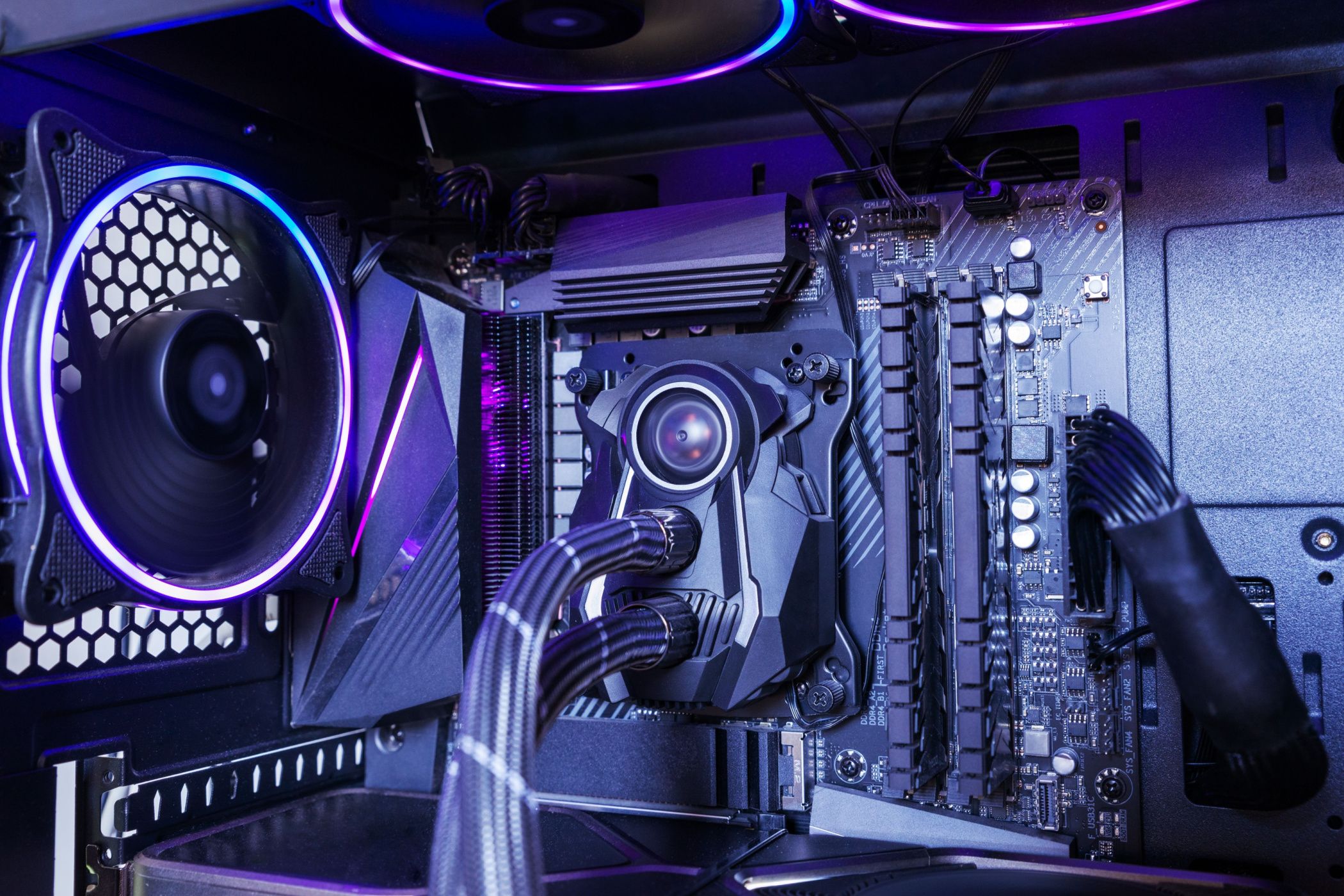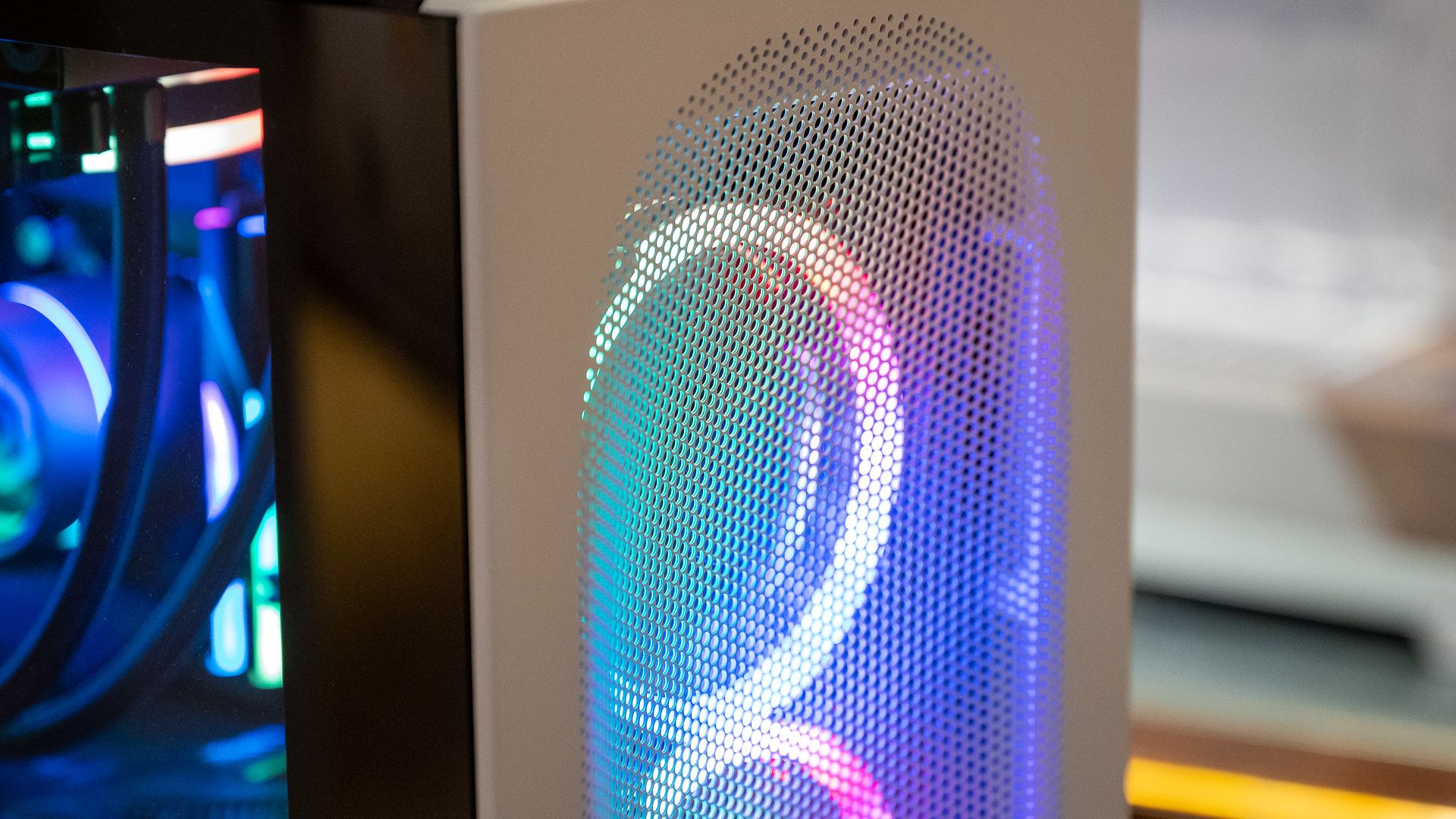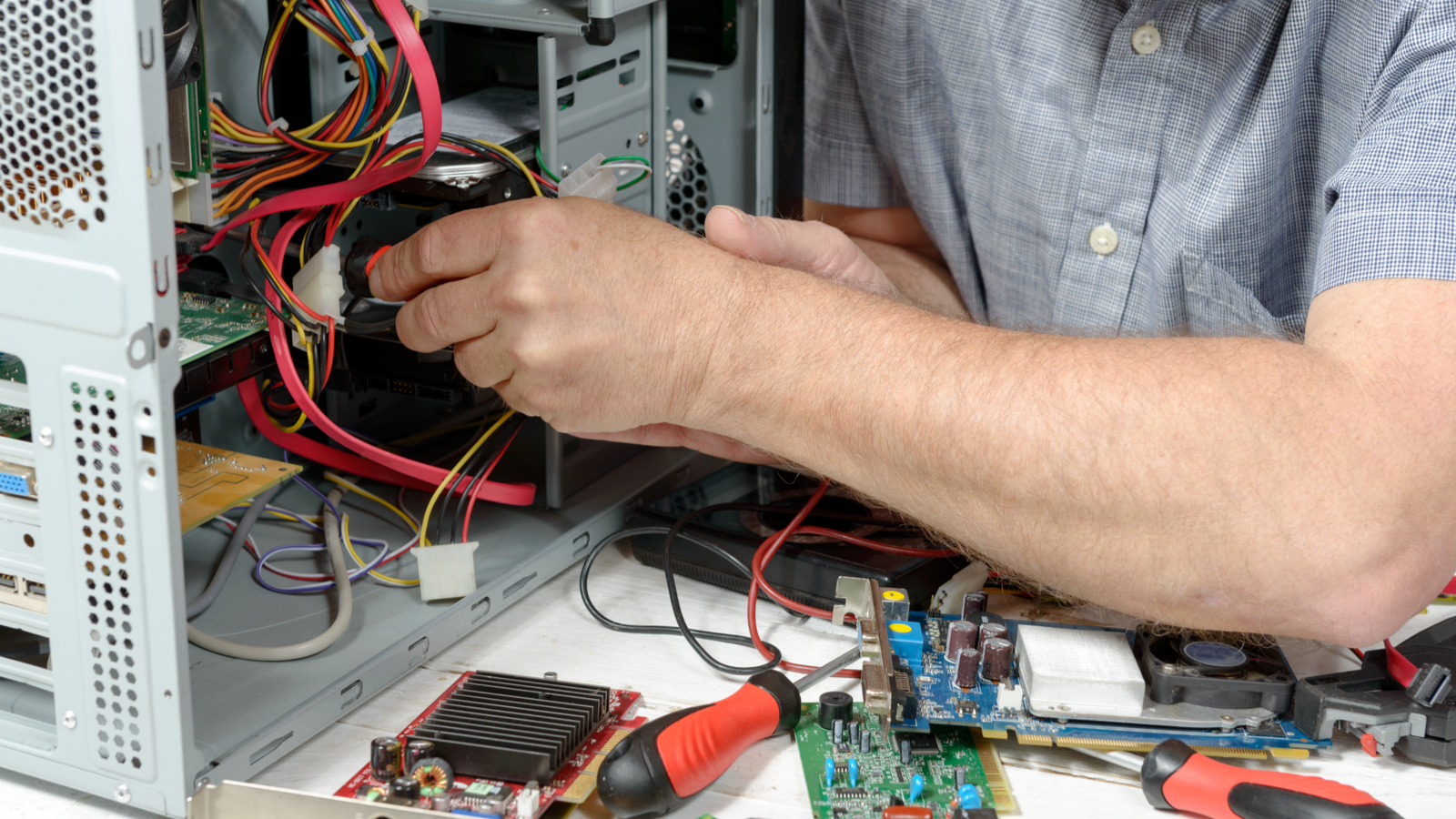Tech News
Custom Liquid-Cooled PCs Just Aren't Worth it Anymore
Key Takeaways
A custom liquid-cooled computer was once a machine every builder wanted to own. As recently as 2015, building a custom rig with liquid cooling was a valid goal. Today, the idea has little practical appeal since high-performance fans and AIOs exist. It just doesn't live up to the hype anymore.
Market Options Are Better Than Custom Liquid-Cooling Setups Now
The main appeal of a custom liquid-cooled rig back in the day was the fact that it was actually better at cooling than typical fans. But like all technology, computer fans have come a long way and can be just as good as a custom liquid-cooled setup now.
Granted, your stock run-of-the-mill fan might not stack up, but there are master-crafted fans and controllers these days that can definitely compare to a liquid-cooled rig. Though such fans will be more expensive than the average ones, they'll still be way cheaper and more efficient than a custom liquid-cooled setup.
Furthermore, we now have All-in-One (AIO) setups that streamline the liquid-cooling process if you really want to go that route. With an AIO, you can get all the benefits of a liquid-cooled computer without having to do all the jerry-rigging that you used to. There's absolutely no advantage to a custom-built liquid-cooling system other than personal aesthetic.
While AIOs do offer liquid cooling and are generally a little better at heat management than even quality fans, that slight edge isn't really much to write home about these days: the extra few degrees of cooling won't notably impact your computer's performance in many cases. So a good modern fan will do just as well as a custom liquid-cooling setup, and that's not the only reason to go with one.
Modern Fans and AIOs are Just as Quiet These Days
One of the main benefits of a custom liquid-cooling setup some years ago was the fact that it was significantly quieter than fans, and that's just not the case anymore. Admittedly, if your computer is running really hot due to some hardcore gaming, you’ll probably be able to hear the fans running to some extent.
Generally, though, modern cooling fans are pretty darn quiet and certainly comparable to liquid cooling options in most cases. Ultimately, a custom liquid-cooling rig would still be quieter than even the best fan in the most extreme cases, but the difference isn't that great, and there are plenty of ways to reduce fan noise if you need to. Plus, there are other issues to worry about with a custom rig.
A Failure With Liquid-Cooling Could Destroy Your Computer
If your cooling fan breaks, your components will overheat, but all you have to do is turn your computer off until you can get that fan repaired or replaced. If a liquid cooling system breaks, well—that could be a terrible day for your entire computer.
Liquid and electronics just don’t mix. Depending on what goes wrong with your liquid-cooling system, you could find your entire computer flooded, or at least facing water damage. Granted, there are ways to set up your liquid-cooling system to minimize the danger, but you can't negate it entirely.
With a fan, it's just something you don't have to worry about at all. There are no other components immediately at risk if your fan goes out. On top of that, actually repairing or replacing a fan is much easier than a custom liquid-cooled system.
There are far fewer parts involved in a typical fan's operation, meaning there's a lot less that can go wrong. If something does go wrong, replacing the fan or any of its components is pretty easy. In fact, having to replace any part of your computer can be a lot more of a hassle when it has a custom liquid-cooling system.
Tinkering With a Custom Liquid-Cooled Computer is a Pain
Replacing parts of your custom liquid-cooling system is a pain. Even if there's nothing wrong with it, it still poses a big problem when it comes to modifying your computer, especially if we're talking about a hard loop system. Whether you want to replace a graphics card, a CPU, or some other component, you'll have to both drain and disassemble the entire thing to do that.
Even if you have soft tubing with no quick disconnects, you'll likely have to do this. Sure, with that setup, you might be able to just loosen some of the components instead of totally removing them, but in doing so, you greatly increase your odds of a leak.
When you manage to do that, you still have to replace the coolant, worry about the rubber seals, and a lot more. If you plan on doing anything to modify your computer in a short timeframe, this is just way too much of a hassle to justify. If you really want the increasingly small gains offered by liquid cooling, an AIO is simpler and much easier to deal with than all of those DIY water pipes.
Even if you don't plan on making any modifications to your computer for a long time, you can't control when something breaks. You may need to swap out a failed part or just do some general troubleshooting, and a custom liquid-cooled computer is going to be way more of a pain to do that with.
Heat Management Isn't a Big Issue Today
Managing heat in your computer will always be important, but everything about computers is constantly improving, including how well they handle heat to start with. The fact of the matter is, heat management isn't as big of an issue today as it was even ten years ago.
Most modern chips already run very hot under load without problems. They're capable of withstanding higher temperatures than they used to be, even when pushed to their limits.
There are also some limitations to how effective liquid cooling can be today thanks to limited space. CPUs are constantly getting smaller and more efficient, meaning the surface area by which liquid cooling could transfer heat away is always being reduced. In most cases, a quality fan or an average AIO will be more than enough to handle any heat management concerns for your computer.
The reality is that, in today's computer world, there's no practical reason to actually build your own custom liquid-cooled PC at all. You no longer need it for heat management or the quieter running. There is nothing such a setup offers that isn't handled more efficiently than a good AIO or just a quality fan. There's a reason that companies that built themselves on custom liquid-cooling parts are struggling in today's market.
That said, these types of computers will always have one thing going for them: they look cool, and each one is unique to the builder. It might not be practical, but if you want to build one just for its own sake, that's still a worthy cause in my eyes.
When you subscribe to the blog, we will send you an e-mail when there are new updates on the site so you wouldn't miss them.



 Justin
Duino
/
How-To
Geek
Justin
Duino
/
How-To
Geek

Comments